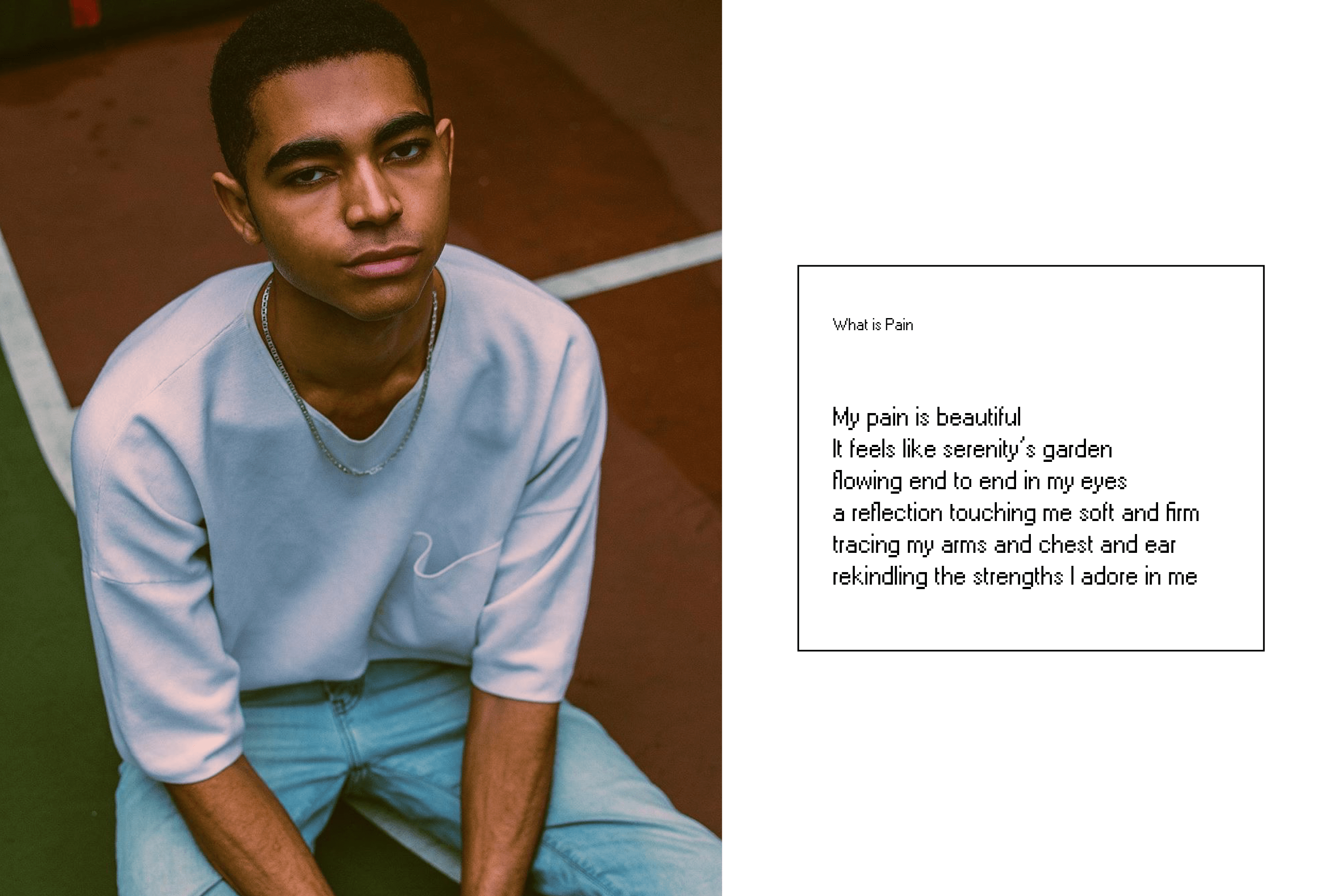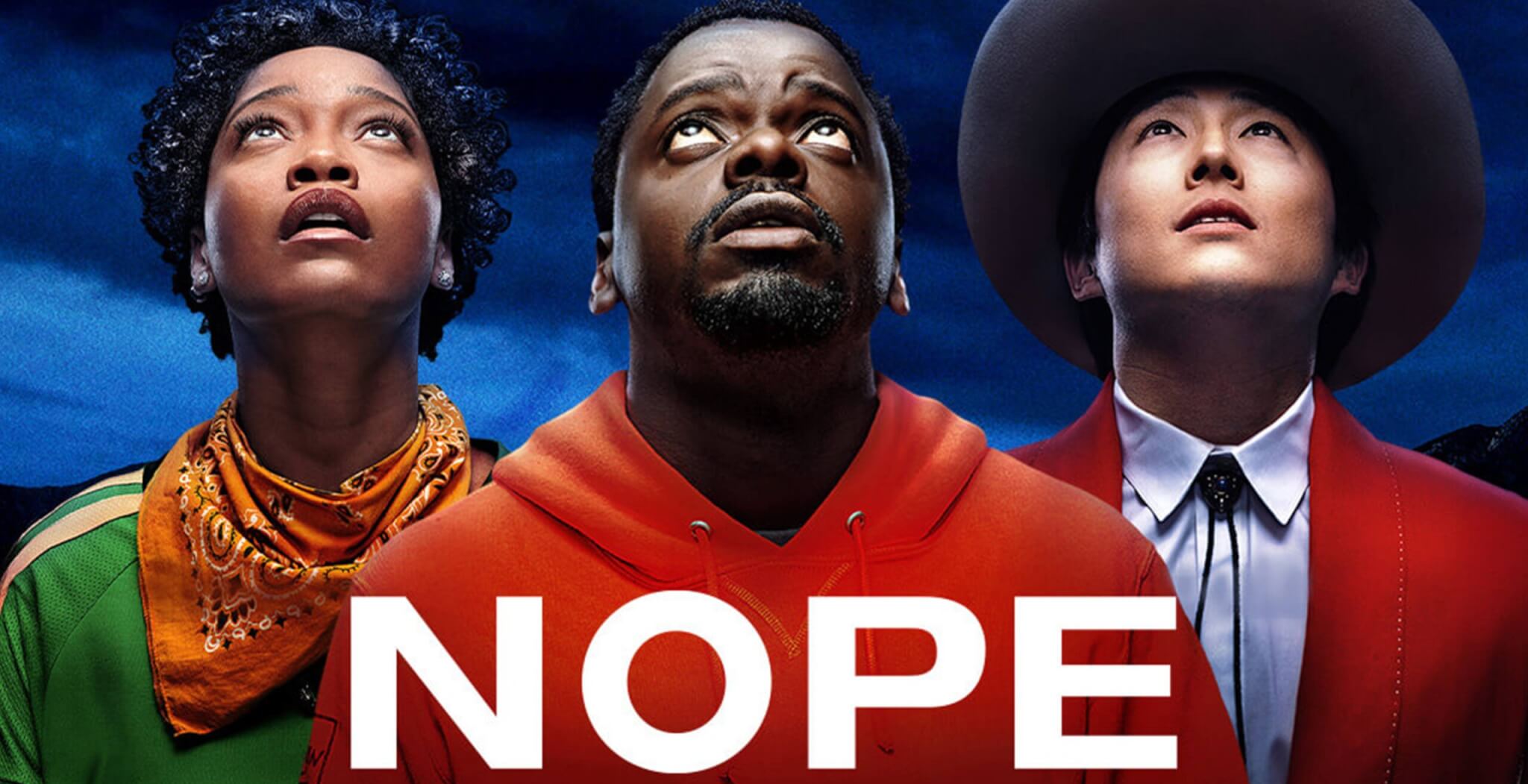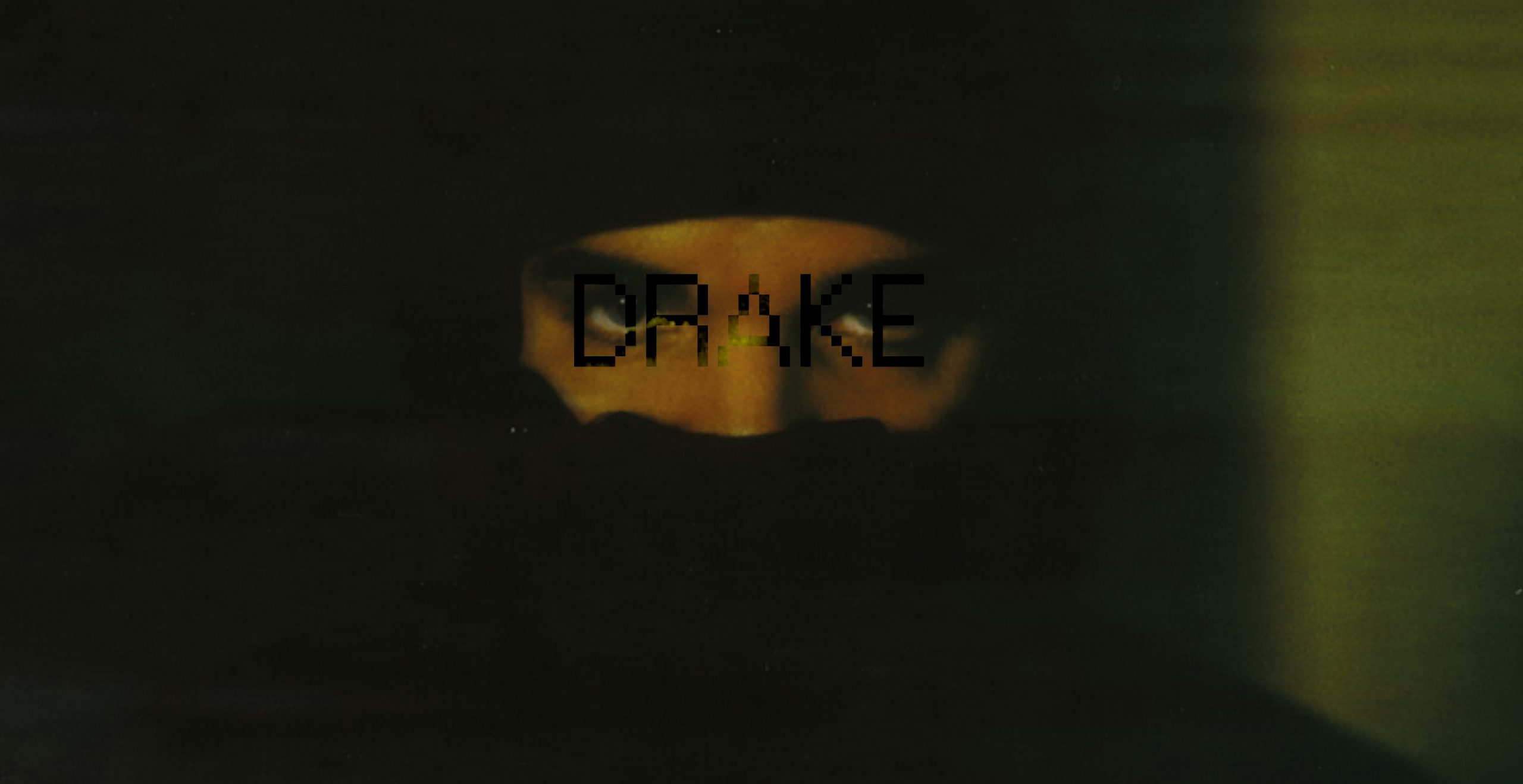“Now my life is sweet like cinnamon /
(Radio)
like a fuckin’ dream im living in“
It has been a decade since Lana Del Rey’s second album, “Born to Die,” was released in January 2012. While her debut album was released under her real name, Lizzy Grant, it was “Born to Die” that propelled her into superstardom and established her music as cult status.
Del Rey’s music is often labeled as alternative or indie pop, and sometimes even referred to as “sadcore,” which is an apt description when considering the broader context of her work.
“Born to Die” stood in stark contrast to the dance music dominating the charts at the time. It not only featured bombastic spring instrumentals but also carried profound lyrics. The album delves into themes of dark romance, lost love, pain, and the relentless pursuit of happiness and love. It is regarded as one of the most poetic albums of the decade and marked the beginning of Del Rey’s career, which has now spanned over eight albums.
The album opens with the title track, “Born to Die,” which immerses listeners in Del Rey’s world and introduces her ongoing fascination with death. Another recurring motif in her music is her longing to escape her surroundings, as highlighted in songs like “Off to the Races” (“He doesn’t mind I have a Las Vegas past”) and “This is what makes us Girls,” which explores the burdens women face in matters of love. The latter song also portrays the protagonist breaking into a hotel swimming pool and fleeing from the police, metaphorically yearning for an end to her trapped existence.
“This is what makes us girls
We all look for Heaven and we put our love first
Something that we’d die for, it’s our curse“
Her playful call to the police to “get us while we’re hot (C’mon take a shot)“ is really a plea to end the life she is stuck in and can not escape.
“Video Games,” her first single, set the tone for her cinematic visuals and lyrics heavily influenced by the concept of Americana. Americana represents a nostalgia for a bygone era of America, evoking imagery of white picket fences, blue jeans, cowboys, the 4th of July, cherry pie, and Coca-Cola.
Del Rey’s lyrics, such as “My Pussy tastes like Pepsi Cola, my eyes are wide as cherry pie” in the song “Cola,” reinforce this imagery. However, she recognizes that Americana is an idealized utopia that never truly existed but persists in her dreams of perfection and happiness, which she adores and views as salvation.
Her song “National Anthem“ has a chorus saying
“Tell me I’m your national anthem
Tell me i’m your national anthem
Red, White, Blue is in the sky
Summer’s in the air, Baby
Heaven’s in your eyes“
with the additional lyrics painting
“…a love story for the new age /
For the sixth page /
We’re on a quick, sick rampage“
consisting of
“winin’ and dinin’, /
drinkin’ and drivin’, /
excessive buyin’ “
with a finale of “overdose and dyin’“.
“National Anthem” echoes this theme with its chorus proclaiming, “Tell me I’m your national anthem, Red, White, Blue is in the sky, Summer’s in the air, Baby, Heaven’s in your eyes.” The song’s lyrics also depict a love story for the new age, with references to excessive lifestyles and the tragic consequences that follow.
In the music video for “National Anthem,” Del Rey assumes the role of Jackie Kennedy, while A$AP Rocky portrays John F. Kennedy, creating a visually stunning “American fairy tale.” This imagery aligns perfectly with the lyrics of the song, as the assassination of John F. Kennedy symbolizes the death of the American dream.
Similar to David Lynch’s exploration of the dark underbelly hidden behind the façade of idyllic suburban life, Del Rey emphasizes that her desired “heaven” is unattainable because it doesn’t exist in its idealized form.
The “Paradise Edition” of the album features additional songs and includes a cover of the classic tune “Blue Velvet,” which David Lynch used for his film of the same name. Another example of Del Rey’s cinematic approach is the music video for “Ride,” which functions more as a short film spanning over ten minutes.
A spoken introduction is given over beautiful cinematic pictures of Del Rey on swing in a desert landscape. She tells us about the “winter of her life“ and that the men she met throughout her life were “her only summer“, that she was always looking for safety in other people.
I hear the birds in the summer breeze, I drive fast /
I am alone at midnight /
Been trying hard not to get into trouble /
But I got a war in my mind /
I’m tired of feeling like i’m fuckin’ crazy /
I tired of drivin’ til I see stars in my eyes /
It’s all I got to keep myself sane, Baby, /
So i just ride
One year later, the “Born to Die – Paradise Edition” was accompanied by the release of the 27-minute short film “Tropico.” Set to new songs not included in the original album, the film tells the story of Adam and Eve’s expulsion from the garden of Eden, with Del Rey portraying Eve herself. This short film beautifully complements her narrative, as it opens with references to the biblical book of John, introducing not John the Baptist, but rather John Wayne, the iconic deceased movie star who embodies the cowboy and represents a quintessential part of Americana.
Accompanying John Wayne in the garden of Eden are Marilyn Monroe, Elvis Presley, and Jesus Christ—four figures that epitomize America. The opening lyrics of her song “Body Electric” reinforce this imagery: “Elvis is my daddy, Marilyn’s my mother, Jesus is my bestest friend. We don’t need nobody ’cause we got each other, or at least I pretend.”
“You got the medicine I need /
Dope, shoot it up, straight to the heart, please /
I don’t really wanna know what’s good for me /
God’s dead, I said “Baby thats alright with me“
… and this short film perfectly fits her story.
Opening with mentions of the Bible of John, we are not introduced to the biblical figure of John the Baptist, but to John Wayne, the deceased movie star, who for most people will forever be the definition of a cowboy, a symbol of America or better said – a part of Americana.
Accompanying him in the garden of Eden are Marylin Monroe, Elvis Presley and Jesus Christ. Four figures that symbolize America perfectly.
The opening lyrics for her song „Body Electric“ underline that.
“Elvis is my daddy, /
Marilyn’s my mother, /
Jesus is my bestest friend /
We don’t need nobody /
’Cause we got each other /
Or at least I pretend“
After the fall from grace, Adam and Eve find themselves in a modern Los Angeles setting, where Eve works as a stripper and Adam is a supermarket clerk. Against the backdrop of Del Rey’s song “Gods and Monsters,” she explores her longing for love and the desire to be cared for by others: “When you talk, it’s like a movie, and you’re making me crazy ’cause life imitates art. If I get a little prettier, can I be your baby?”
“When you talk it’s like a movie
And you’re making me crazy
‚Cause life imitates art
If I get a little prettier, can I be your baby?“
Speaking from a personal standpoint, I must say that the final line of the song contains some of the most melancholic words I’ve ever heard in music.
Each and every song on “Born to Die” immerses the listener in a world that appears beautiful and happy on the surface but carries a sense of hopelessness and tragedy within—a “Dark Paradise.” Yet, despite the heartbreak and turmoil expressed in her lyrics, we hold onto hope that Del Rey will ultimately find the love and salvation she so deeply desires.
The album’s raw blend of love, depression, fear, and the longing for escape, delivered with Del Rey’s enchanting vocals and cinematic musical arrangements, solidifies “Born to Die” as a rare masterpiece in contemporary music—an opus that continues to captivate listeners to this day.



























